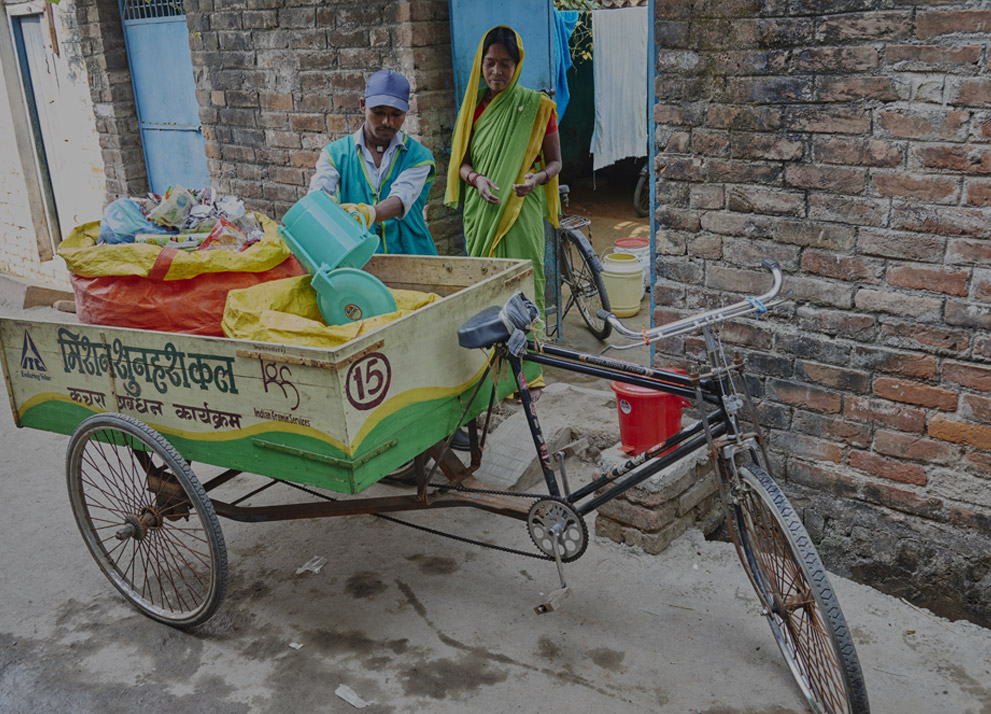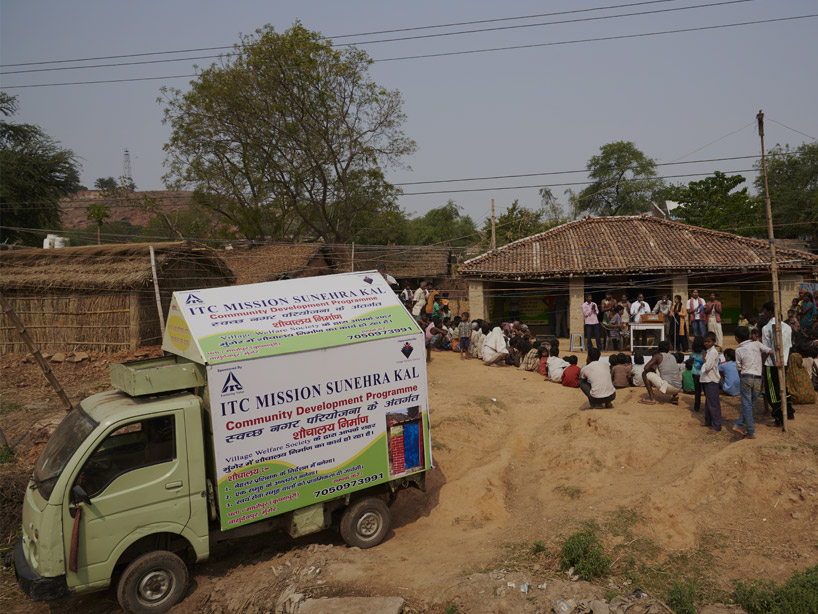Greenhouse Gas Emissions & Carbon Sequestration
Reducing greenhouse gas (GHG) emissions is a key action area in ITC's low-carbon growth plan which in turn, is part of its multi-pronged strategy to combat climate change. ITC computes its GHG inventory in accordance to ISO 14064:2018 - the latest international standard for quantifying and reporting GHG emissions and reductions.
Continuous efforts to reduce energy consumption and switch to renewable sources from fossil fuels have enabled ITC to control GHG emissions and achieve its internal targets. This has also been made possible by ITC's strong focus on green buildings. ITC currently has 40 green buildings, including all its super-premium luxury hotels which have received LEED Platinum ratings*. Several of these hotels are mostly or entirely powered by self-owned wind farms. All new ITC facilities are designed in accordance to green norms which are also being incorporated into existing buildings to the extent possible.
Beyond the fence, ITC's Afforestation Programme has created green cover on a significant scale. Along with multiple other environmental benefits, these plantations sequestrate substantial quantities of carbon dioxide, mitigating the negative impact of increasing GHG levels in the atmosphere.
As a result of all these actions, ITC has been carbon positive for the last 18 years.










































